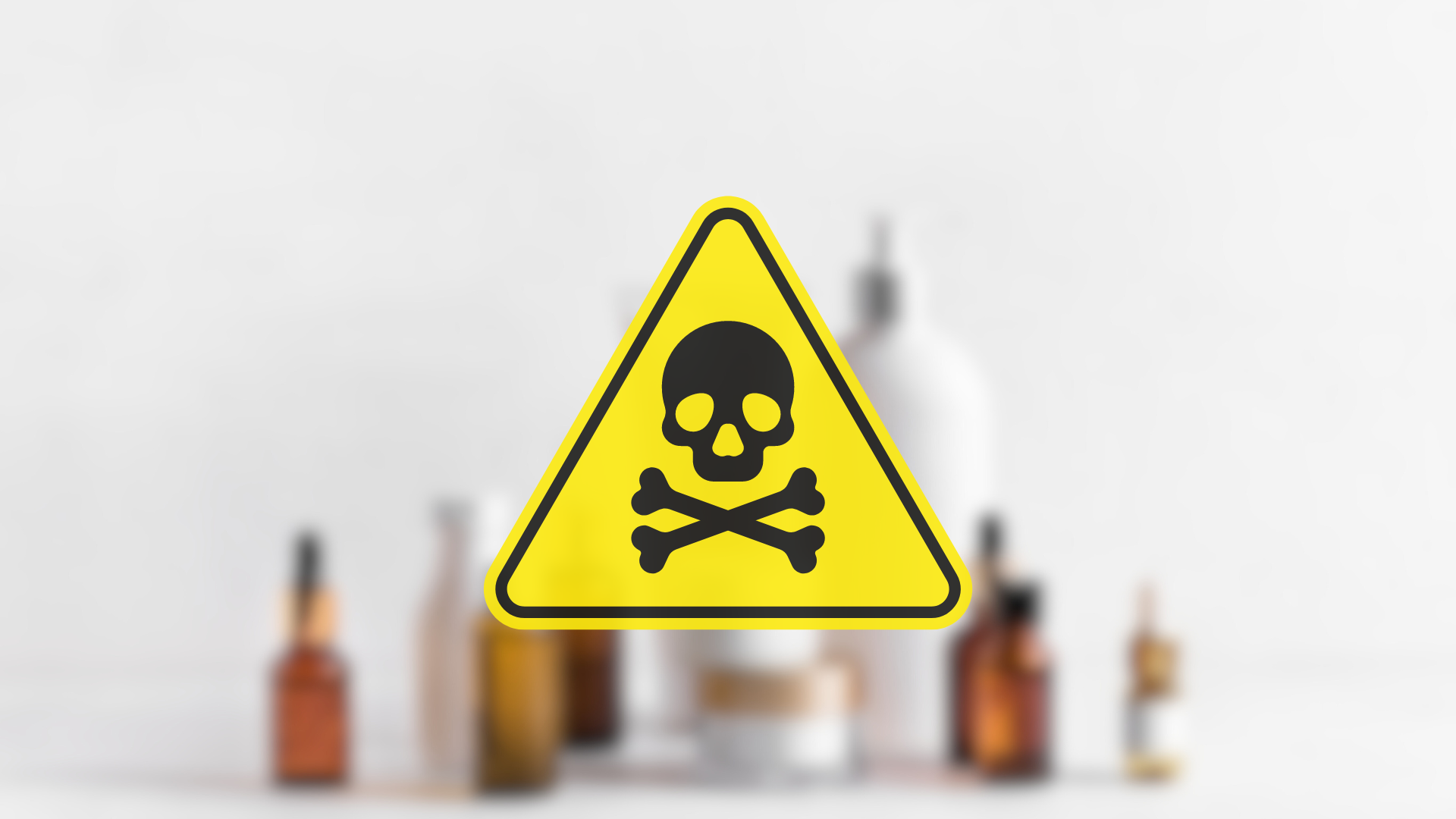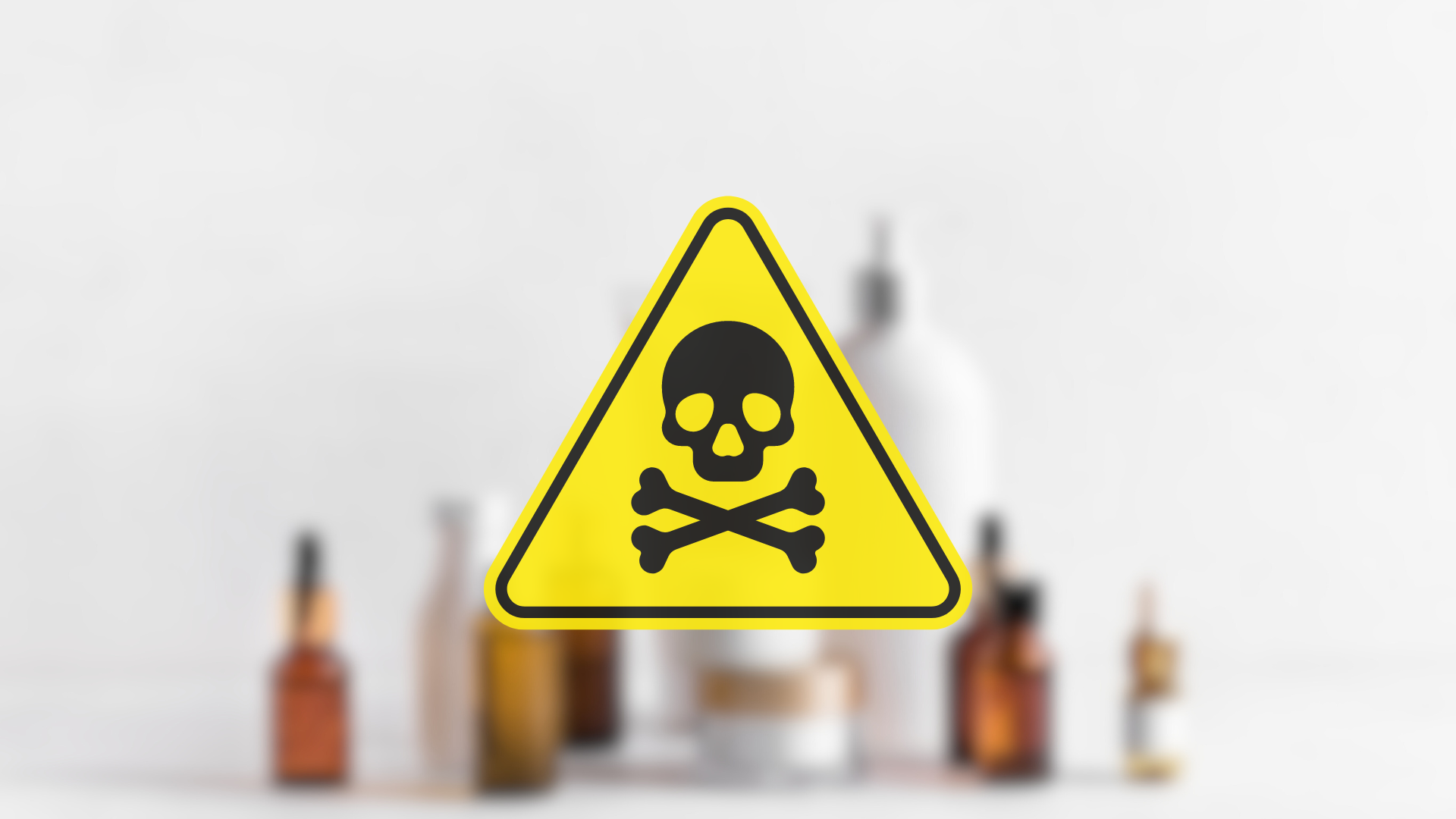
In the realm of skincare, ingredient awareness plays a pivotal role in achieving optimal skin health. Understanding the components within your products is key to avoiding potential harm and reaping the benefits they offer. This blog delves into six ingredients to avoid for certain skin types that are best avoided. By shedding light on these harmful elements, individuals can make informed decisions tailored to their unique skincare needs.
Sulfates
Sulfates are cleansing agents commonly found in skincare products. They serve to remove dirt and oil from the skin's surface, but certain types like Sodium Lauryl Sulfate (SLS) can have detrimental effects on the skin. Studies have shown that SLS applied as a patch can induce skin barrier dysfunction by increasing Transepidermal Water Loss (TEWL), reducing natural moisturizing factors, and leading to skin redness. Additionally, it disrupts the composition of skin lipids and alters the bacterial community on the skin.
When considering sensitive skin, it is crucial to avoid products containing sulfates like SLS due to their potential to cause irritation and damage. Individuals with sensitive skin may experience increased dryness, redness, or even allergic reactions when exposed to sulfates. To mitigate these risks, it is advisable to opt for sulfate-free alternatives in skincare products.
Silicones
Silicones are synthetic compounds commonly used in skincare products for their smoothing and lubricating properties. These additives create a silky texture that helps products glide effortlessly onto the skin, providing a smooth canvas for makeup application. Common types of silicones include Dimethicone, Cyclomethicone, and Phenyl Trimethicone, each offering unique benefits to the skin.
The effects on skin from silicones can vary depending on individual skin types. While they can help in reducing water loss and enhancing product spreadability, some individuals with oily skin may find that silicones exacerbate their condition by clogging pores and leading to breakouts. This is due to the occlusive nature of silicones, which can trap sebum and impurities within the pores.
Understanding the impact on oily skin, it is advisable for those prone to excess oil production or acne to steer clear of silicone-rich products. Instead, opting for non-comedogenic formulas can help prevent pore congestion and potential breakouts while still achieving a smooth finish.
Phthalates
Phthalates, often used as plasticizers in skincare products, are a group of chemicals that can have concerning effects on the skin. Common types of Phthalates include Diethyl Phthalate (DEP) and Dibutyl Phthalate (DBP), both widely utilized in cosmetics and personal care items. Research has indicated that these compounds can disrupt the skin's natural balance by interfering with its ability to retain moisture and regulate oil production.
The effects on skin from Phthalates extend beyond surface-level concerns. Studies have shown that these chemicals can penetrate the skin barrier, potentially leading to systemic exposure and impacting overall health. Furthermore, their ability to mimic hormones raises alarms about the potential disruption of hormonal balance, which is crucial for various bodily functions.
Understanding the impact on hormonal balance, it becomes evident why avoiding Phthalates is paramount for maintaining skin and overall well-being. Opting for products free from these harmful chemicals not only safeguards against potential skin issues but also supports a healthier internal environment.
Alcohols
Alcohols are commonly found in skincare products and serve various purposes. Understanding the Common Types of Alcohols present in these products can shed light on their effects. Ethanol, Isopropyl Alcohol, and Benzyl Alcohol are frequently used alcohols that can impact the skin differently. While some alcohols help penetrate oil buildup and dissolve dirt, they may also lead to redness and irritation, especially for individuals with dry skin.
The Effects on Skin from alcohols can be significant. Research has shown that alcohol application causes less skin irritation than washing with a detergent. However, ethanol, a prevalent alcohol type, can disrupt the skin barrier, strip natural oils, and cause dry patches, irritation, redness, and inflammation. Regular use of ethyl alcohol can damage the skin's protective layer and result in a burning sensation.
Understanding the Impact on Dry Skin, it becomes crucial to choose skincare products carefully. Opting for alcohol-free alternatives or products with lower concentrations of alcohols can help prevent excessive dryness and potential skin irritations. Maintaining a balance between effective cleansing properties and skin health is essential when considering products containing alcohols.
Parabens
What are Parabens?
Common Types of Parabens
Effects on Skin
Parabens, a group of synthetic preservatives commonly found in skincare products, play a crucial role in extending the shelf life of cosmetics. Methylparaben, Ethylparaben, and Propylparaben are among the common types of parabens utilized by manufacturers to prevent microbial growth and maintain product integrity.
The effects on skin from prolonged exposure to parabens have raised concerns within the skincare community. Studies suggest that these preservatives can accumulate in the body over time, potentially leading to adverse effects such as decreased collagen production. This disruption in collagen synthesis may contribute to premature aging signs like fine lines and wrinkles.
Why Avoid Parabens?
Impact on Skin Health
Alternatives to Parabens
Understanding the impact on skin health, it becomes imperative for individuals to steer clear of products containing parabens. Research has linked these preservatives to skin sensitivities and allergies, emphasizing the importance of choosing safer alternatives for long-term skin wellness.
When seeking alternatives to parabens, consumers can opt for products labeled as "paraben-free" or formulated with natural preservatives like grapefruit seed extract or rosemary extract. These botanical alternatives offer effective preservation without compromising product quality or safety, providing a healthier choice for skincare enthusiasts looking to prioritize their skin's well-being.
Mineral Oil
What is Mineral Oil?
Mineral oil, a colorless and odorless substance derived from petroleum, is commonly utilized in skincare products for its emollient properties. This lightweight and non-comedogenic oil create a protective barrier on the skin's surface, helping to lock in moisture and prevent water loss. Its versatility extends beyond skincare, as it is also found in various cosmetic formulations like moisturizers, ointments, and makeup removers.
Common Uses of Mineral Oil
-
Moisturizing: Mineral oil acts as an effective moisturizer by forming a barrier that prevents transepidermal water loss.
-
Cleansing: Due to its ability to dissolve impurities without clogging pores, mineral oil is used in cleansing oils and makeup removers.
-
Healing: The occlusive nature of mineral oil aids in wound healing by protecting the skin and promoting recovery.
Effects on Skin
While mineral oil doesn't directly clog pores, it has the potential to trap dead skin cells and sebum if not properly cleansed from the skin. For individuals with dry or sensitive skin, mineral oil can provide much-needed hydration and protection. However, caution should be exercised for those with acne-prone skin, as its occlusive properties may exacerbate breakouts.
Why Avoid Mineral Oil?
Impact on Acne-Prone Skin
Research suggests that mineral oil products are not recommended for individuals with acne-prone skin due to their potential to trap impurities within the pores. While mineral oil itself may not directly cause acne, its comedogenic nature could worsen existing breakouts or lead to new ones.
Alternatives to Mineral Oil
For those concerned about acne flare-ups or pore congestion, seeking non-comedogenic alternatives is advisable. Opting for lightweight oils like jojoba or squalane can provide similar moisturizing benefits without the risk of pore blockage. Additionally, exploring water-based moisturizers or serums can offer hydration without the heaviness associated with mineral oil-based products.
Dermatologists emphasize the significance of informed choices in skincare. Verified professionals recommend seeking guidance to select products tailored to individual needs. Prioritizing skin health involves avoiding harmful ingredients like sulfates, silicones, phthalates, alcohols, parabens, and mineral oil. Reading labels diligently empowers consumers to make educated decisions for their skincare regimen. Remember, your skin deserves the best care possible; choose wisely for a radiant complexion.

